When looking for a therapist, the letters after the counselor’s name can be confusing and it may be difficult to discern exactly which type of therapist you are looking for. LMFT is an important part of the mental health profession, and that acronym stands for Licensed Marriage and Family Therapist.
Yolanda Wibowo – CPC Student Therapist
Yolanda has a special interest in working with anxiety, victims of trauma, individuals who work in traumatic situations and emotional suffering. She believes that it is important for clients to feel that they have a safe space to open up and trust her with their needs and feelings. She strives to help her clients move beyond the stigma that society has placed on seeking mental health.
Robyn Rohde – CPC Student Therapist
Robyn provides support and guidance to clients of all ages and cultural backgrounds. A graduate student in the Clinical Mental Health program at the University of Nevada Las Vegas, Robyn is educated in a variety of therapeutic methods and theories all rooted in providing a judgement-free space for exploration and healing.
Gala Milosavljevic – CPC Student Therapist
Gala Milosavljevic takes a client-centered and collaborative approach to the therapeutic relationship. She believes that people have a vast potential for understanding themselves and resolving their own problems. Through a relationship built on honesty, acceptance and support, she empowers her clients to discover personal strengths they may use to navigate transitions, overcome challenges and heal themselves.
Lisa Toms, M.S., LMFT
Lisa believes that healing begins with the self. Emotions can be scary and she will help guide you through exploring them in a safe environment. Lisa will work with you to sort through your relationship challenges, parenting challenges, and any personal challenges that you may be experiencing. Lisa specializes in working with grief and loss, couples who are experiencing infertility, challenges in parenthood , and individuals who struggle with depression and/or anxiety. Additionally, Lisa also practices EMDR to help heal trauma, anxiety, and phobias. Lisa looks forward to working with you to achieve the goals you have for yourself and your life.
Stress Management
Professionals often struggle to balance the demands of work and home life, juggling obligations to meet the needs of others and leading to stress and burnout. The impact of stress on physical and psychological well-being can be detrimental, including decreased work performance and increased health risks (headaches, fatigue, etc.).
Cognitive Behavioral Therapy
Calling a Couples Therapist
Let’s face it...the decision to make that call for your first couple therapy appointment is difficult. So difficult, in fact, most couples wait way too long while reinforcing unhelpful interactional patterns that might have been easier to fix had they started therapy sooner. This is one of the reasons I like to tackle the perceived barriers to therapy and help people feel more comfortable accessing mental health services as soon as they are aware of the need. After all, if you had a diagnosis of cancer, would you wait until it was stage four cancer before seeing an oncologist? Of course not. Don’t let your relationship get to stage four toxicity before calling a couple and family therapist for treatment.
Tips for a Mentally Healthy Holiday
The holidays are magical, but they can also be chaotic, and not to mention expensive. With so much to do and so many people to interact with, it can be difficult to feel joyous while managing it all. Being proactive about our mental, and overall health can ease the pressure. Below are a few tips that may help us avoid the winter blues and hectic plans.
Myths About Families Struggling with Substance Abuse
The holidays are rapidly approaching, and with them often brings the blend of families and booze. While having a stable support system is critical when a family is in crisis, often times the advice from others can be unintentionally harmful. Myths about how to help a loved one who is addicted can exacerbate everyone’s stress and anxiety.
Postpartum Depression in Fathers???
One challenge most fathers do not expect to suffer from is postpartum depression. Postpartum depression or PPD has long been associated with mothers who have recently given birth and are experiencing a significant drop in hormones; however PPD can actually be experienced by mothers, fathers, and even adoptive parents.
Brandon Eddy, PhD., MFT-Intern
Dr. Brandon Eddy, an assistant professor in the Couple and Family Therapy Program within the School of Medicine at the University of Nevada Las Vegas (UNLV), works with individuals, couples, and families, helping with a variety of presenting issues. Dr. Eddy specializes in the transition to parenthood (postpartum depression, miscarriage, infertility) and Autism Spectrum Disorder.
Equine Therapy
Emotional Freedom Techniques
Post Traumatic Stress Disorder (PTSD) and Borderline Personality Disorder (BPD)
Infertility: Understanding & Supporting
Whether an individual or couple struggles with infertility or is infertile, both experiences are incredibly painful and take a significant mental, emotional, physical, psychological, and financial toll. It is important to highlight that there is a difference between struggling with infertility and being infertile (sometimes referred to as sterility), especially as it may inform the direction of therapy.
LGBTQIA Mental Health & Wellness: Written by Laura Gracia
Struggles with mental health and wellness are experienced universally and, in any case, seeking therapy can be a wonderful way to address the concerns you have. Working with a therapist can help you to reach your goals, improve your relationships, increase your emotional intelligence, and manage and address symptoms of a mental health diagnosis. Although everyone can benefit from the insights gained and the work done in therapy, those who are LGBTQIA identifying can face unique struggles that threaten their mental health and therefore may profit especially from seeking therapy.
















